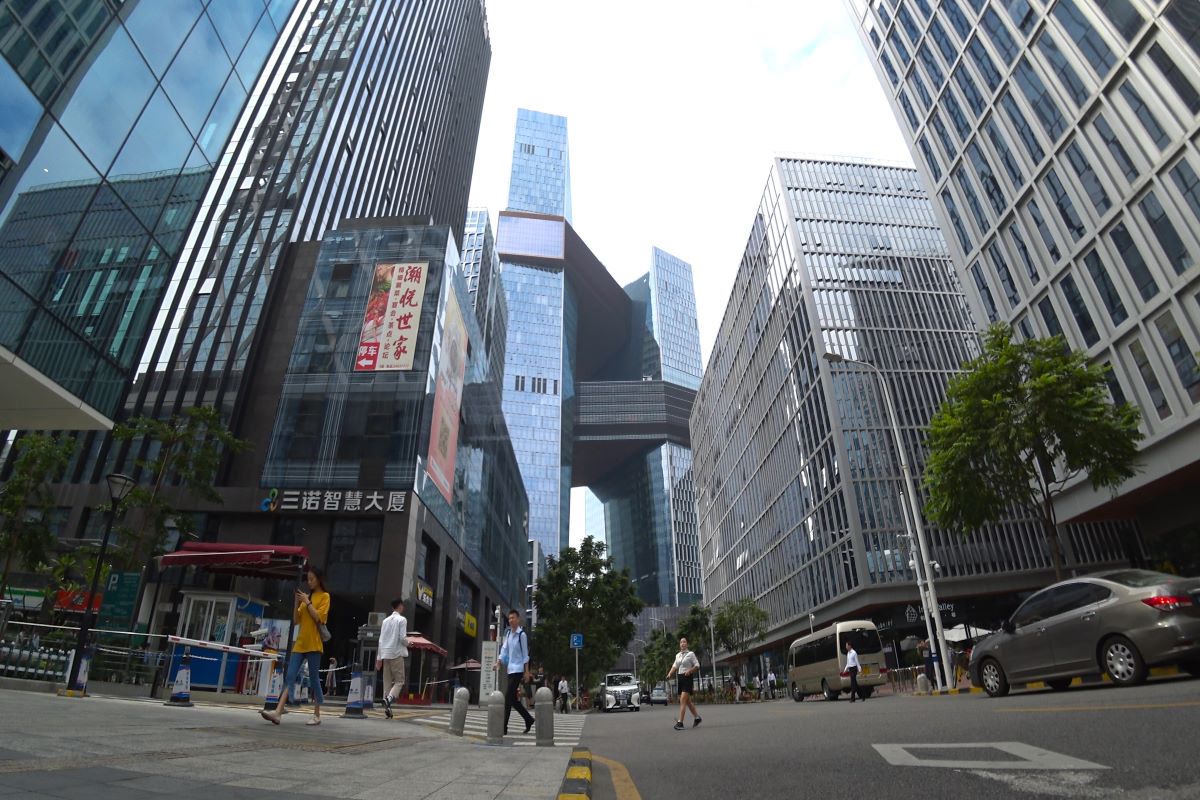China’s $56 tn banking system is under pressure due to the ever-expanding debt crisis in the nation’s real estate sector. In a worst-case scenario, 2.4 tn yuan ($356 bn) or 6.4% of China’s mortgages are at risk, according to S&P Global Ratings. Deutsche Bank AG notes that at least 7% of home loans could be impacted. So far, listed banks have reported only 2.1 bn yuan in delinquent mortgages because of the boycotts.
As per data from the People’s Bank of China, property loans accounted for nearly 30% of the total outstanding loans of Chinese financial institutions at the end of September 2020. Already rattled by headwinds from slowing economic growth, Covid disruptions, and record high youth unemployment the Chinese government authorities have prioritised financial and social stability.
Beijing is anticipating a potential financial crisis and is stepping up measures to fallout from declining new bank loans and slowing credit demand. The country has also set up a bailout fund for distressed banks. The nation’s lenders are facing a difficult year as the government is putting pressure on them to support the economy at the expense of earnings following the fastest profit growth in nearly a decade in 2021.
China mortgage crisis and slumping sales
Home sales have been declining as potential buyers are concerned about developers missing deadlines and delaying projects. The recent borrower revolt fuelled by open letters on China’s social network site “WeChat” spread like wildfire, engulfing the cities of Zhengzhou, Changsha, and Xi’an in China’s heartland.
The unfinished apartments, villas, and homes are strewn across an estimated more than 90 cities across the country infuriating thousands of buyers and leading to protests. “Home sales could drop by up to 33% this year as a result of the mortgage boycott further squeezing the liquidity of distressed developers and leading to more defaults,” according to S&P Global.
A 10% slowdown in real estate investment growth translates into a 28 basis-point increase in overall bad loans, implying a 17% decline in their 2022 earnings, reported Citigroup analysts in July.
“Overall market demand and purchasing power have been overdrawn, while the industry confidence is also at a low level,” CRIC noted in a report. The year-on-year decline in home sales for July was smaller than the previous month’s 43 per cent decrease while the combined sales plummeted by 49 per cent in the first seven months.


 Australia
Australia China
China India
India Indonesia
Indonesia Japan
Japan Malaysia
Malaysia Philippines
Philippines Singapore
Singapore South Korea
South Korea Taiwan
Taiwan Thailand
Thailand Vietnam
Vietnam







